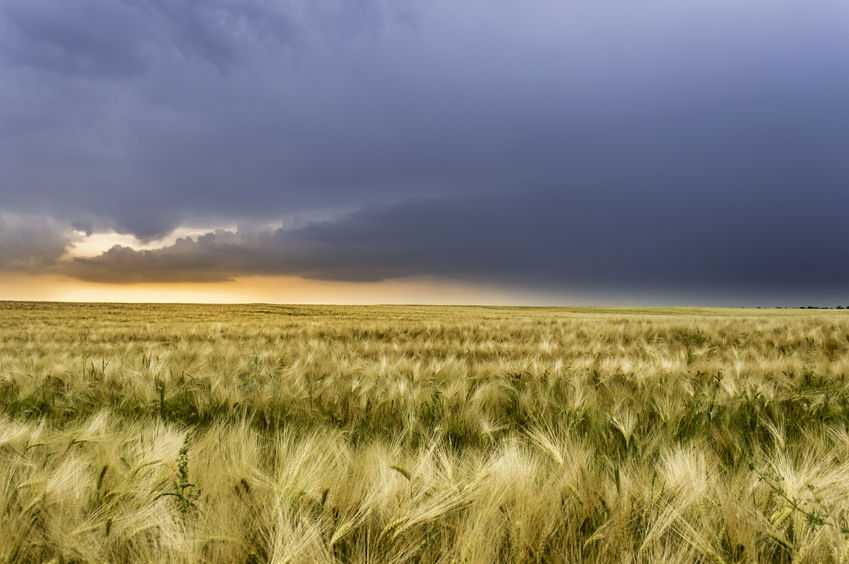
Farm businesses considering whether to invest as part of a long-term strategy may now be able to benefit from an unusually favourable set of circumstances.
Historically low long-term borrowing costs, along with the introduction of some new tax reliefs, offer rural businesses with a good trading record and sound lending proposal a window of opportunity.
It comes as the next ten years sets to become a period of great change for farmers, which will present challenges.
According to property specialists Strutt & Parker, the withdrawal of direct support in its current form, and its replacement by a system of payment for public goods by 2028, suggest a very different agri-economic landscape in the future.
Alistair Cochrane, of Strutt & Parker, said: “However, if the change is managed sensibly, and judicious investment made at the right time, many farms and estates will emerge stronger and better equipped for the future.”
He said it was evident that many businesses are looking at how to raise productivity and broaden the scope of their activities to make their businesses more resilient.
“Although much more detail of the contents of the Agriculture Bill is needed, it appears that most farmers will have to become more efficient, and that investment in precision equipment and techniques may be one way of achieving this.
“Investment in infrastructure may also be vital if farm businesses are to subsequently thrive without direct public support.
“This might include investment in crop drying, handling and storage equipment, irrigation, better drainage systems, muck/slurry handling arrangements or facilities for the storage of inputs and machinery,” Mr Cochrane said.
Some rural businesses are looking to respond by diversifying into food and drink manufacturing or processing, tourism, leisure, energy generation or the provision of workspace.
Others are looking to broaden the scope of their agricultural activities, for example by investing in the pig and poultry sectors, which have survived without public support for many years and can be complementary to mainly arable businesses.
Such enterprises can provide steady income throughout the year, and while much depends on the availability and nature of contracts, and there is clearly risk, the returns can be highly creditable.
Conditions are more favourable
The various factors that suggest that current conditions are more favourable than they have been for a very long time for judicious, long-term investment include:
• The increase in the Annual Investment Allowance from £200,000 to £1 million for qualifying plant and machinery. This is a temporary concession only, available from 1st January 2019 to 31st December 2021.
• The re-introduction of “capital allowances” on buildings. The new Structures and Buildings Allowance Scheme allows investment in buildings to be written down against tax over 50 years.
• Even lower long-term borrowing costs. For example, the cost of 25- and 30-year fixed rate loans from some specialist agricultural lenders has fallen by almost 50 basis points since December 2018. Loans at 3.50 % or even lower, are feasible for such loan terms to businesses with good trading records and sound lending proposals.
• Round 2 of the Countryside Productivity Small Grants Scheme is expected to open shortly, and other, similar initiatives are promised during the transition period in the Agriculture Bill.
